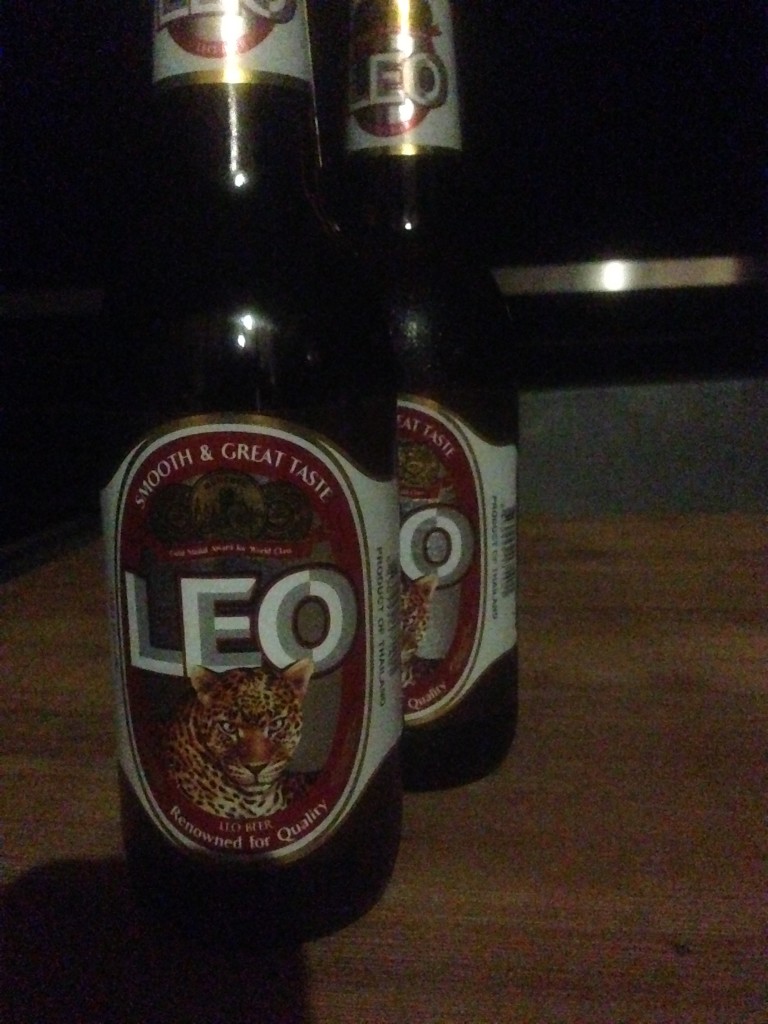I had researched in the past, and failed, to find out why a quarter of a cup of coffee (well, equivalent, I take 1/4 or less or a “No Doze” tablet”), affects me for 36 hours. I can party hard, sleep for a few hours, and struggle to sleep at midnight the next day. From 1/4 of a cup of coffee.
If I have one cup of actual coffee, sober, the effects are unbearable.
So, 2 things are going on. One is that I must be a “slow metaboliser” of caffeine, just like Ozzy Osbourne (which is how I learned all of this).
Ironically, Osbourne’s genes suggest that he is a slow metabolizer of coffee, meaning that he would be more affected by caffeine.
“Turns out that Ozzy’s kryptonite is caffeine,” Conde said.
15 percent of people carry two copies of the slow variant and are slow metabolizers.
That gene can be linked to more chance of heart attacks, but only for people having a lot of coffee (not me, I figure):
If you are a Slow Metabolizer then your genetic makeup indicates you process caffeine at a slower rate and, as a result, caffeine may have longer-lasting stimulant effects. Slow metabolizers may experience negative side effects of caffeine consumption to a higher degree such as insomnia, anxiety, and upset stomach. There is also evidence linking slow metabolizers with an increased risk of having a nonfatal heart attack and/or high blood pressure with higher amounts of coffee intake.
The other factor is that I only take caffeine when I drink. Or, rather, the other way around. Caffeine nullifies my chronic fatigue, but I can’t get to sleep when on it unless I am quite drunk:
Alcohol has an inhibitory effect on CYP1A2 activity (the enzyme involved in caffeine clearance). Alcohol intake of 50g per day prolongs caffeine half-life by 72% and decreases caffeine clearance by 36%
50g of alcohol is around 3 standard drinks. And I drink quite a bit more than that. I couldn’t find any data on how more than 50g affects caffeine clearance, but presumably it makes things worse.
So, problem, solved, after decades of wondering. I am certainly not the only one, as it is just a factor of genes and alcohol consumption.
Read More

